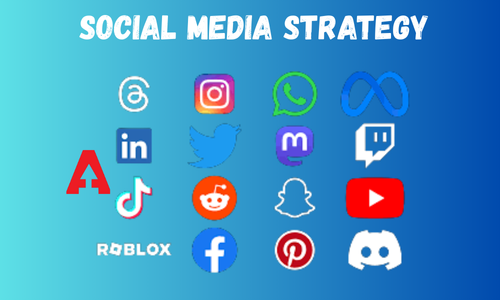What do you need to feel wealthy in America today? If you look at cold, hard statistics, you can tell that a net worth north of $854,900 will put you in the top 10 percent of households in the country. Or, if you just ask people, they’ll give you a number — $2.2 million on average, to be exact.
But, as we all know, feeling wealthy isn’t just about what it says on your bank statement. It’s about expectations and cost of living as much as cold hard cash. For example, $800,000 in Mississippi is not the same as $800,000 in Manhattan. Similarly, you would likely feel very different about your net worth depending on whether you were hanging out with your next-door neighbor or Warren Buffett.
If you want to know what it takes to actually feel wealthy, not just statistically be wealthy, you need to talk about psychology, not just economics. And two new studies of the psychological aspects of wealth recently turned up interesting findings that suggest many entrepreneurs probably need to rethink what it takes to feel wealthy.
Wait, Millennials feel wealthier than Boomers?
The first of this pair of studies is a survey of 2,500 American workers carried out by payroll services provider ADP. The findings are good news for the self-employed: The poll found that three-quarters of independent workers feel they are fairly compensated, compared with just 68 percent of full-time employees.
The second study, from Schwab, directly asked 1,000 Americans, “Do you feel wealthy?” Again, the answers might surprise you. The most likely generations to feel wealthy were Gen-Z and Millennials.
Money doesn’t make you feel wealthy
Is there anything to make out of this smattering of findings? You might just throw up your hands and conclude people are weird about money, but a deeper reading suggests that there are some insights to be had here about what leads people to feel wealthy.
The Wall Street Journal article writing up the ADP findings, for instance, points out that what sets the self-employed apart from salaried employees isn’t how much they earn — which can vary wildly based on circumstance — but how much control they have over their time.
“Whether freelancers are earning less or around the same amount, the time saved by being their own boss is a big part of why they’re happy, compensation and negotiating experts say,” reports the WSJ’s Katie Mogg. She talks to a handful of independent workers who make significantly less working for themselves but nonetheless feel more fairly compensated.
“What’s most important to me right now is my family, doing something that I feel is useful in the world, and something that’s creative,” said one consultant whose salary fell by nearly half when he decided to go independent. The overarching message of these conversations is that control over your time is a much bigger contributor to feelings of being fairly compensated than those focused solely on salary numbers might imagine.








